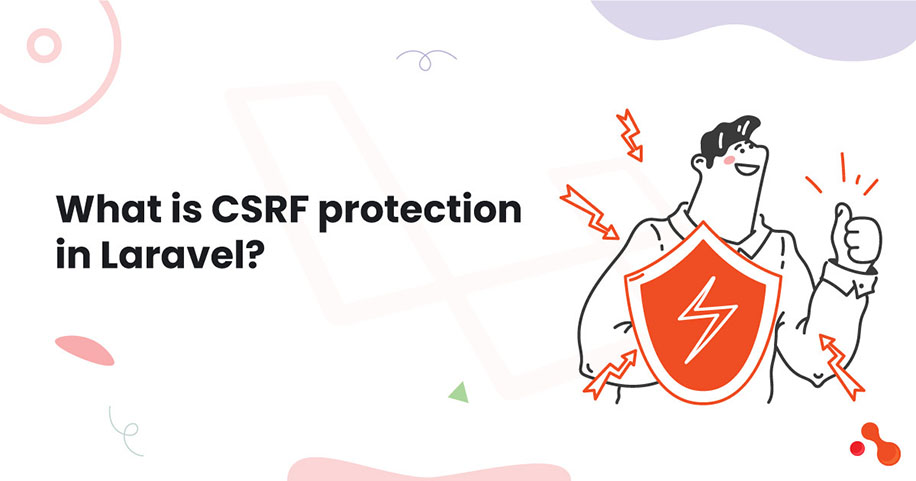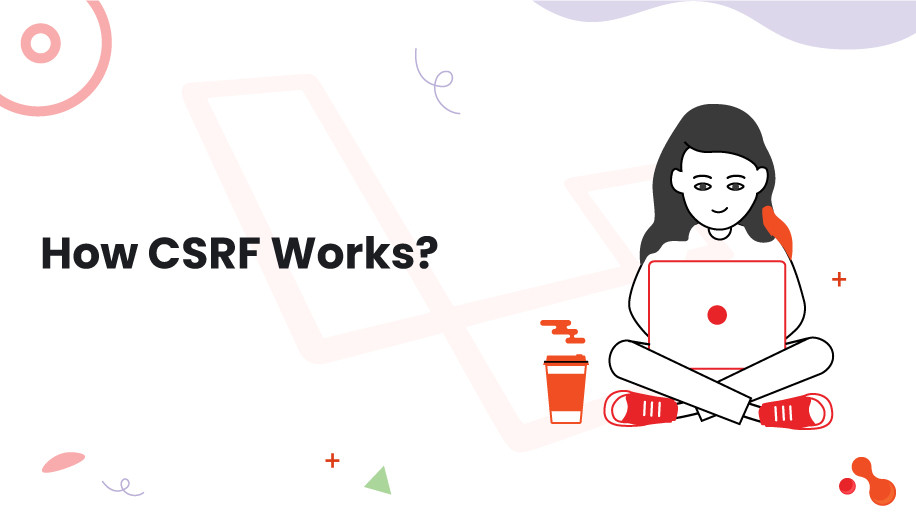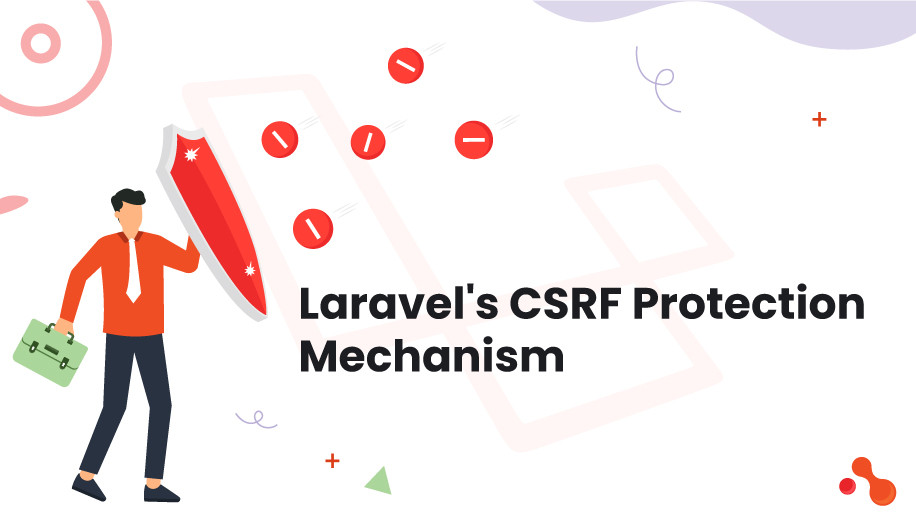Table of Contents
What is CSRF protection in Laravel?
Introduction

CSRF (Cross-Site Request Forgery) protection is a security feature implemented in web applications to prevent unauthorized commands from being transmitted from a user that the web application trusts. Laravel, a popular PHP web application framework, incorporates CSRF protection to help secure applications against such vulnerabilities.
Cross-Site Request Forgery (CSRF) protection is a critical security feature in web applications. Laravel, a popular PHP framework, provides an elegant solution to secure your applications from such vulnerabilities. CSRF attacks exploit a web application's trust in an authenticated user, tricking the user into submitting a request they did not intend. This could lead to unauthorized actions being performed on the user's behalf, such as changing email addresses or passwords without their consent.
Laravel addresses this security issue by using a token-based approach to verify that the requests made to the server are legitimate and intentional by the authenticated user. When a user session is created, Laravel generates a unique CSRF token, which is stored in the user's session. This token must be a hidden field in every form that submits a POST, PUT, PATCH, or DELETE request. The Laravel framework automatically checks this token against the one stored in the session for every request, ensuring that the request is valid and securing the application from potential CSRF attacks.
How CSRF Works?

CSRF attacks exploit the trust that a site has in the user's browser. For instance, if a user is logged into a web application, a malicious site can send a request to another site where the user is authenticated and perform unwanted actions on behalf of the user without their knowledge.
The implementation of CSRF protection in Laravel is straightforward. Developers can use the @csrf Blade directive to generate the hidden token input field within forms. Alternatively, the csrf_field() function or the csrf_token() function can be used to achieve the same result. Laravel's VerifyCsrfToken middleware, which is included in the web middleware group by default, takes care of the rest, verifying that the token in the request input matches the token stored in the session.
By incorporating CSRF protection, Laravel ensures that your web applications are robust against one of the common security threats on the web today. It's a testament to Laravel's commitment to security and ease of use, providing developers with the tools they need to build secure applications efficiently.
For those interested in diving deeper into Laravel's CSRF protection, the official Laravel documentation offers a comprehensive guide that explains the concept and its implementation in detail. Additionally, resources like GeeksforGeeks and W3cubDocs provide practical examples and tutorials to help developers understand and implement CSRF protection in their Laravel applications.
Laravel's CSRF Protection Mechanism

Laravel automatically generates a CSRF "token" for each active user session managed by the application. This token is used to verify that the authenticated user is actually making the application requests.
Key Features of Laravel's CSRF Protection:
CSRF Token in Forms: Laravel expects a CSRF token to be included in every POST form that is submitted to a Laravel application. This ensures that the request comes from legitimate sources, i.e., from the same application, not from external sources. The CSRF token can be added to a form using the @csrf Blade directive.
CSRF Token in AJAX Requests: When making AJAX requests, the CSRF token must also be included. This is typically done by sending the token as a header with AJAX requests. Laravel makes this easy by allowing you to use a meta tag with the token and retrieve it in JavaScript to include in headers.
Token Validation: Upon receiving a request, Laravel automatically checks the CSRF token to ensure its validity. Laravel will reject the request with a 419 HTTP error code (session expiration status) if the token is missing or invalid.
Excluding URIs: There are cases where you might not want CSRF protection applied to certain routes (e.g., APIs expecting external requests). Laravel allows you to exclude these URIs explicitly in the VerifyCsrfToken middleware.
Conclusion
CSRF protection is a critical security measure that helps safeguard user data and actions from being misused. Laravel provides a robust and easy-to-use CSRF protection system that, when properly implemented, adds a necessary layer of security to web applications, making them safer for users.
